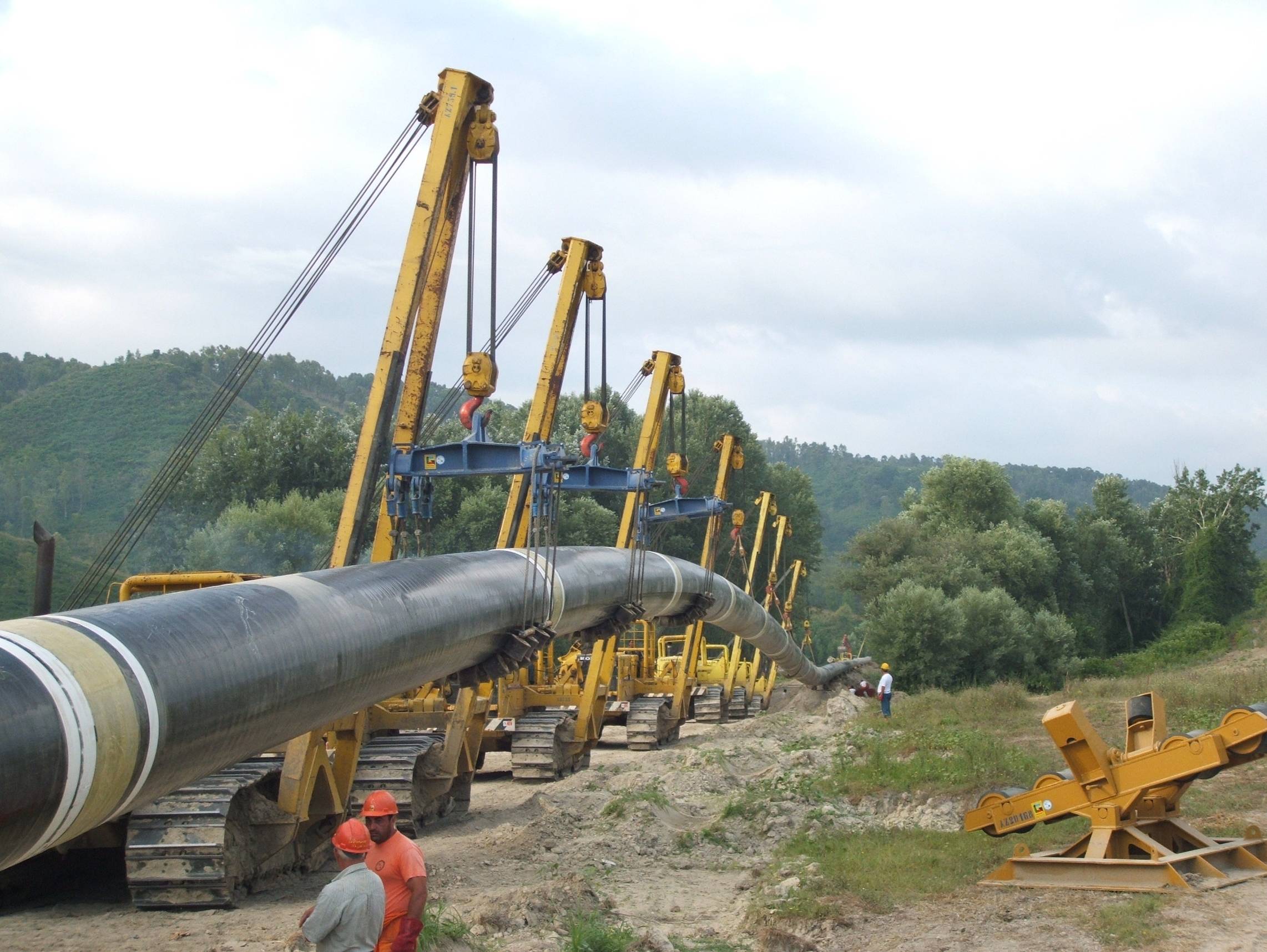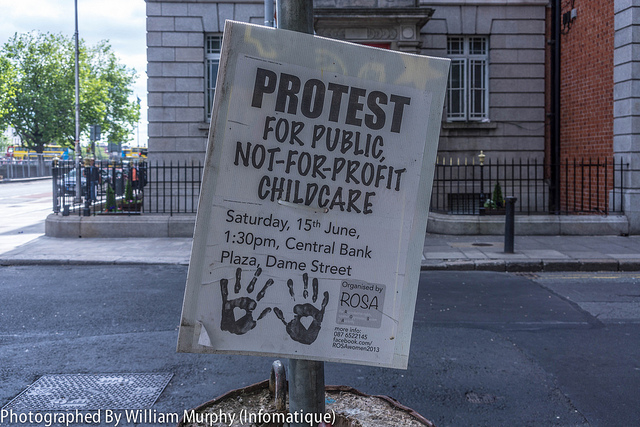Podcast: Play in new window | Download
Subscribe: Apple Podcasts | Android | Email | Google Podcasts | RSS | More
This episode looks at the political economy of land in Canada and the Canadian state’s relationship with First Nations as mediated by land. I’m happy to bring together two guests who deal extensively with these issues and pose challenges to rethink the way land is governed.
My first guest is Hayden King, Anishinaabe from Beausoleil First Nation in Ontario and director of the Centre for Indigenous Governance at Toronto’s Ryerson University. He joined me to discuss his recent piece in the Globe and Mail on land and the institutions that govern it.
My second guest is Lynn Gehl, an Algonquin Anishinaabe researcher, writer and activist with a PhD in Indigenous Studies. We discuss her recent article in Ricochet, written with Heather Majuary, on how the current Algonquin land claims process may be undermining those First Nations. It is based on her book The Truth that Wampum Tells: My Debwewin on the Algonquin Land Claims Process.








